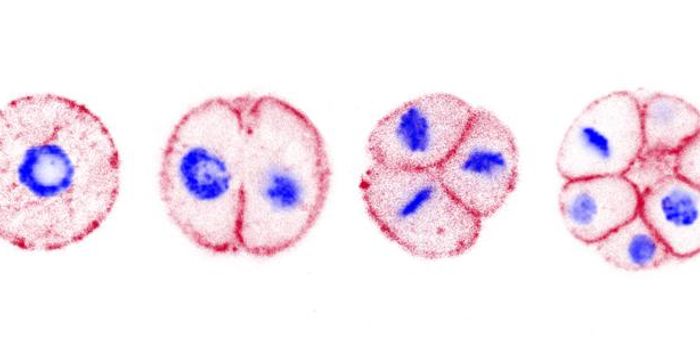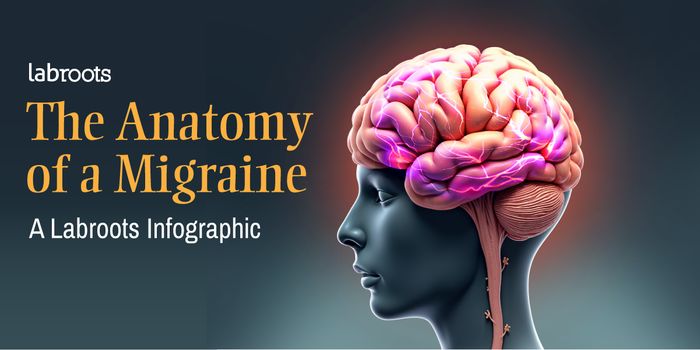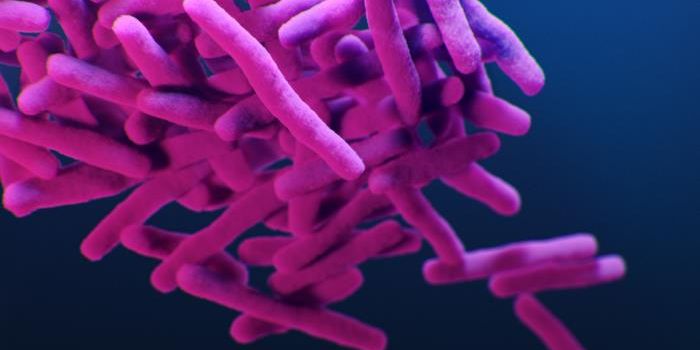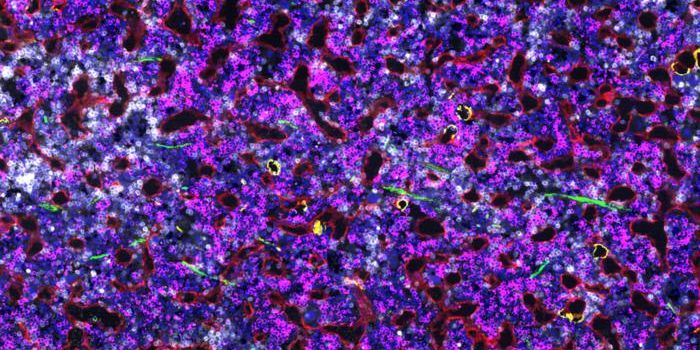How Changes in Genetic Architecture are Related to Autism
The causes of autism are still not well understood, although many genes have been identified that play a clear role in some cases of the developmental disorder. Scientists have now investigated the outcomes of mutations in a gene called CHD8 that has frequently been implicated in cases of ASD that are linked to genetics. This study showed that mutations in CHD8 can cause a wide variety of problems in human cortical neurons. The findings have been reported in the American Journal of Human Genetics.
Many genes have been associated with ASD, which is a highly complex disorder that can cause different issues in different patients. Mutations in the CHD8 gene have been linked to ASD, as well as other problems like sleep difficulties, unusually large head size, and digestive dysfunction.
Normally, the CHD8 gene is inolved in the regulation of chromatin proteins that help organize and compact DNA into a three dimensional form. In this work, the researchers showed that mutations in CHD8 can cause the genome to be arranged in a way that makes it more accessible to gene regulators, changing the expression of hundreds of genes. This leads to many alterations in neurons that carry CHD8 mutations. For example, the neurons are not activated as often and fewer signals are sent across their synapses.
In this work, the researchers analyzed human cortical neurons that had been generated from stem cells that had been treated with the CRISPR gene editor to model the CHD8 mutations. Additional work with neurons from mice that carried a CHD8 mutations confirmed these findings.
Gene therapy was also used to add functional CHD8 to neurons. This showed that the normal synaptic rate and activity of neurons could be restored with this treatment.
The scientists also determined that one particular CHD8 mutation affects other genes that have been associated with autism and intellectual disability in previous studies, but not with other unrelated diseases such as cardiovascular dysfunction. CHD8 could be specifically affecting genes that are related to neurodevelopment, the researchers suggested.
Sources: New York Genome Center, American Journal of Human Genetics









